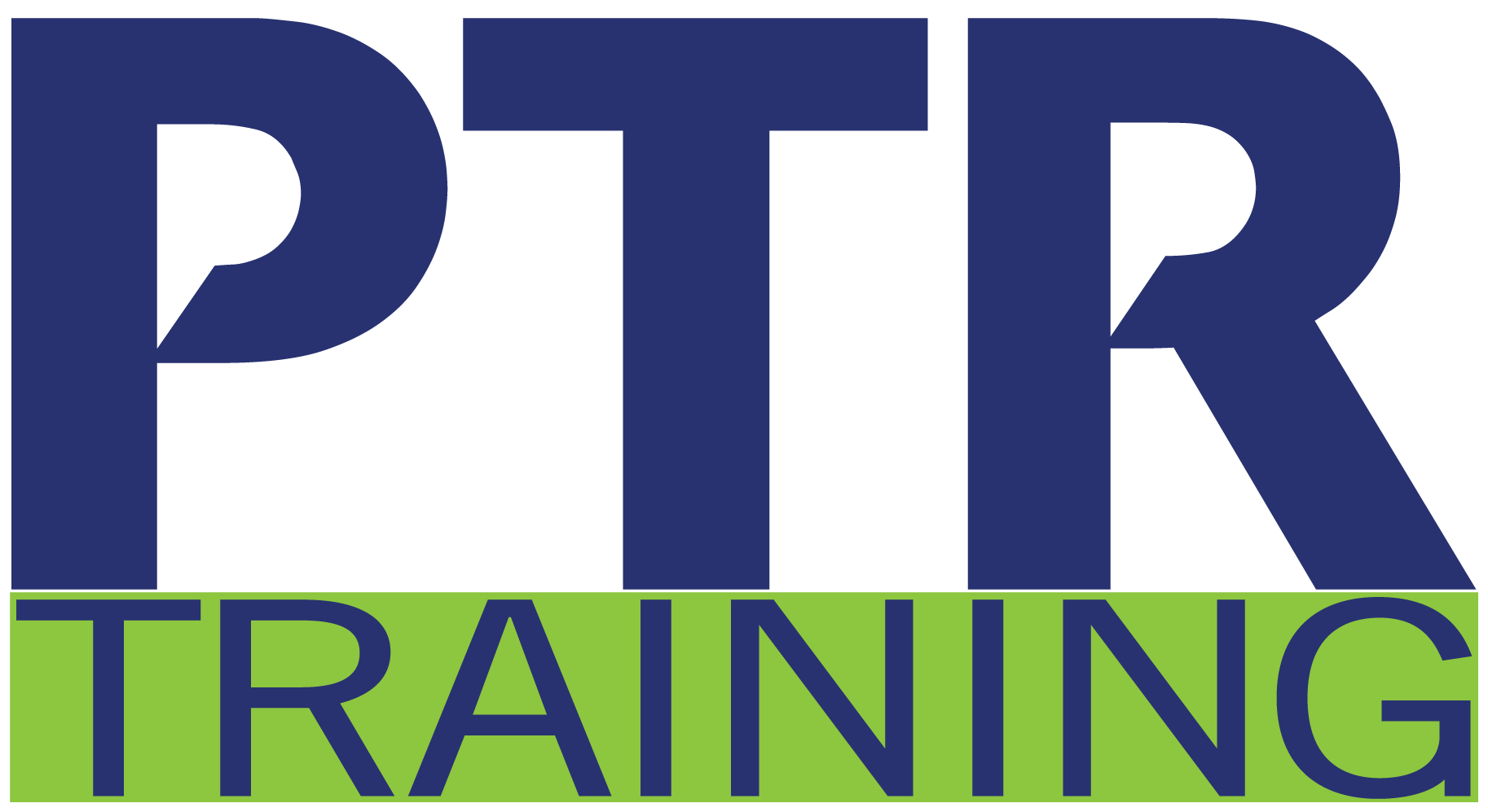This course introduces the core principles of adult learning theory and how they apply to effective training and education. Participants will explore concepts such as self-directed learning, motivation, relevance, and experiential learning. Through practical strategies and real-world examples, learners will gain tools to design and deliver training that engages adult learners, enhances retention, and drives meaningful outcomes in the workplace.
Learning Objectives »
- Describe the foundational principles of adult learning theory.
- Apply experiential, transformative, and self-directed learning.
- Identify the characteristics and motivations of adult learners.
- Apply adult learning theory to design learner-centered training.
- Discuss adult learning tools and technology.
- Utilize the Universal Design for Learning.
- Examine VARK Learning styles.
- Adapt instructional strategies to meet the needs of adult learners.
Course Agenda
Understanding Adult Learners
- What is Adult Learning Theory?
- Andragogy vs. Pedagogy
- Assumptions of Adult Learners
- Key Characteristics of Adult Learners
- Principles of Adult Learning
- Factors that Motivate or Hinder Learning
- Identifying Characteristics in Learners
Theories Supporting Adult Learning
- Experiential Learning
- Transformative Learning
- Self-Directed Learning
Designing Learning with Adults in Mind
- Universal Design for Learning
- Adult-Centered Instructional Design
- Relevance, Application, and Autonomy
- Designing with Empathy
- Adapting a Lesson with Adult Learners
Adult Learning Delivery
- Facilitation vs. Instruction
- Facilitation Techniques
- The Role of Motivation
- Active Learning Strategies
- Effective Case Studies
- Think-Pair-Share
- Reflective Activities
- Microlearning
- Technology and AI
- Gamification
- Feedback in Adult Learning
- Creating Action Plans
- Evaluating Learning Impact
Customizing for Different Audiences
- VARK Learning Styles
- Adapting for Experience and Preferences
- Virtual and Hybrid Considerations





